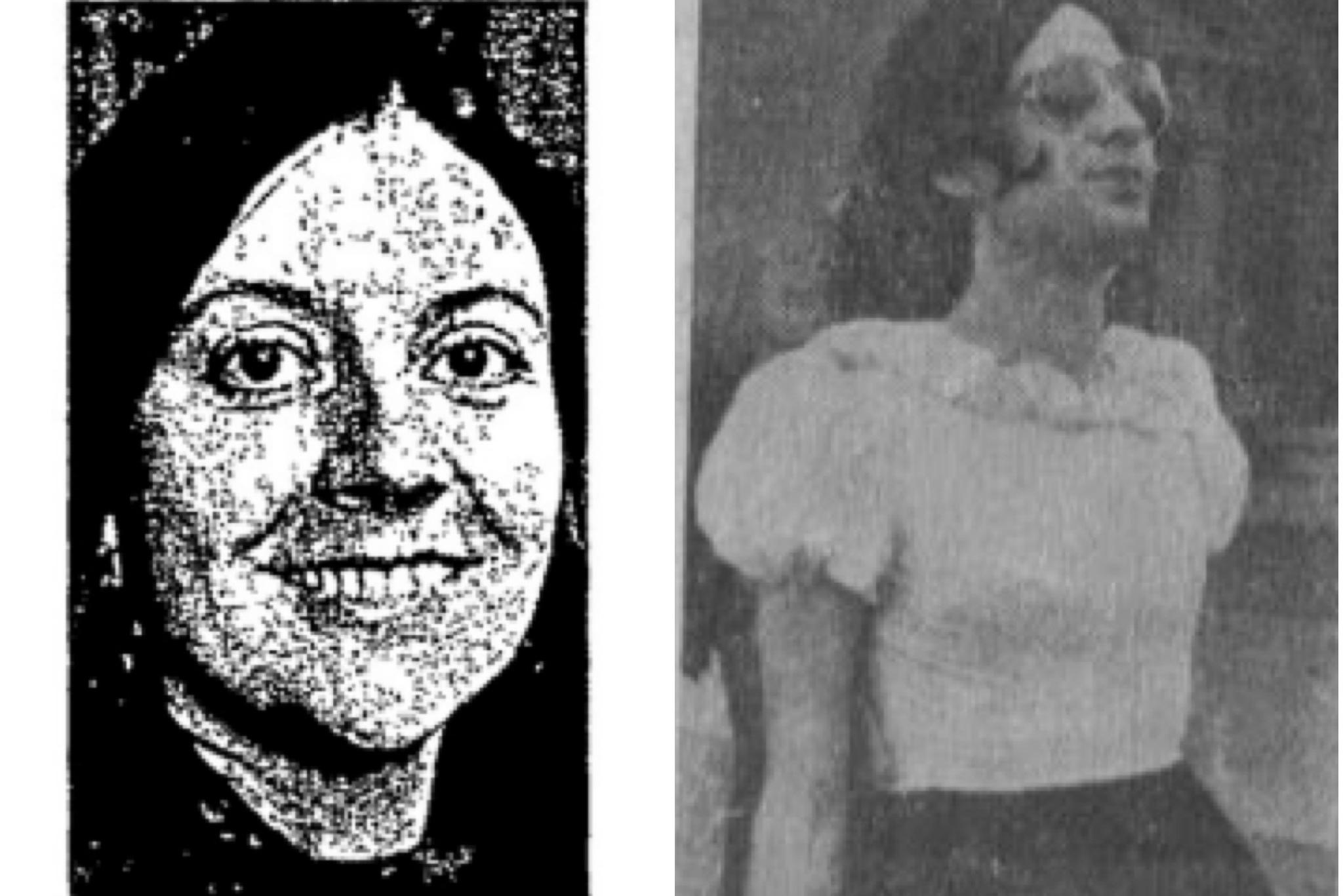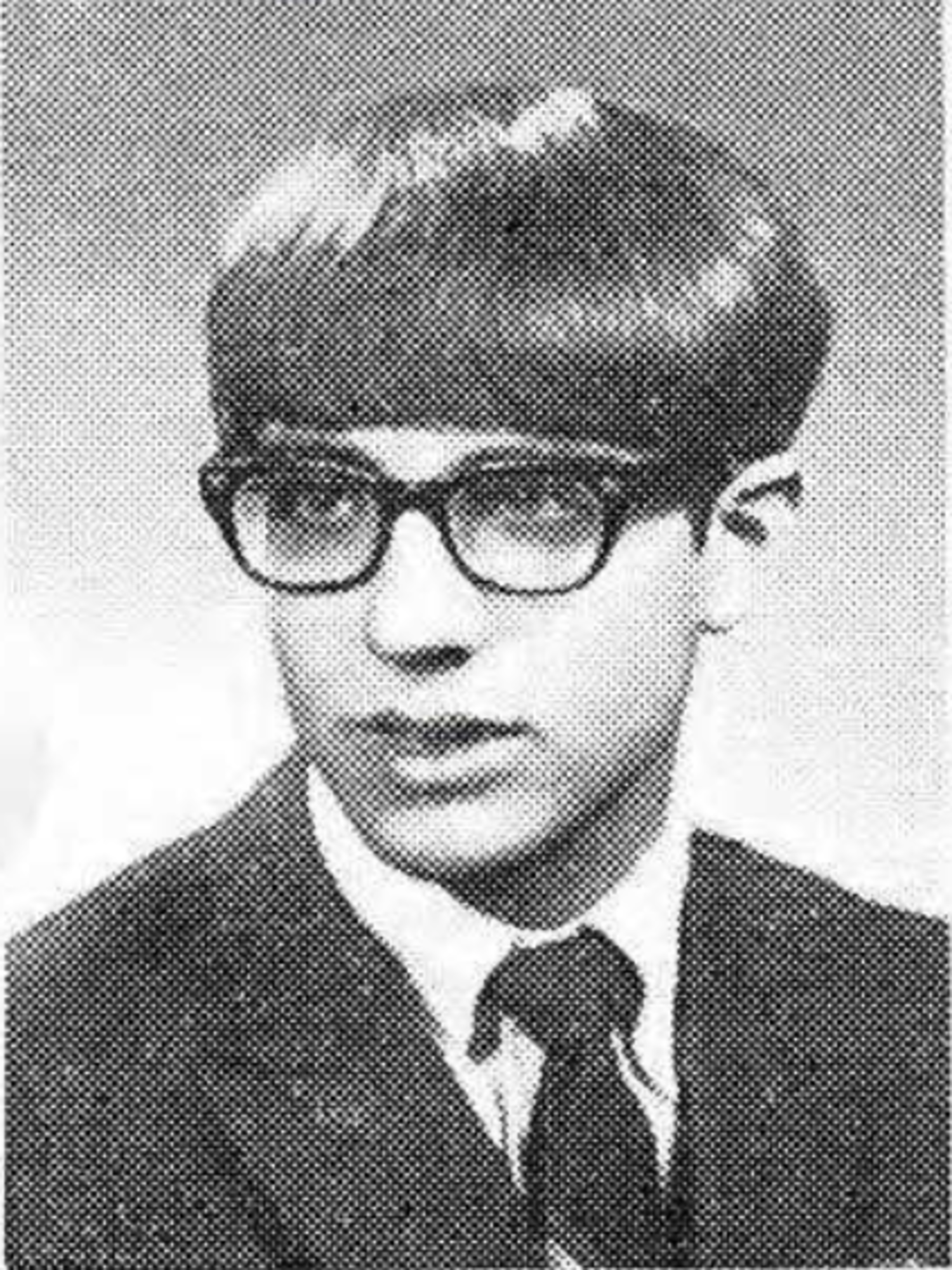
Nik Santilli: rewriting the rules of gender expression

Nikolas Santilli was born and raised on Milwaukee’s South Side. He graduated from Pulaski High School on June 10, 1968.
Nik became involved in activism at a young age. He founded the Milwaukee chapters of Southern Teenage Republicans in 1965 and Youth for Romney in 1966, supporting the Republican candidate for president.
In February 1970, he was arrested in downtown Milwaukee and charged for unlawful assembly during a sympathy march for the Chicago 7. Over 200 protestors peacefully marched from the Art Museum down Wisconsin Avenue. When they reached Water and Wisconsin, the Milwaukee Police Department Tactical Squad intervened. Struggles between demonstrators and the police ensued, resulting in the arrests of a Milwaukee Journal photographer and three Kaleidoscope writers.
Claiming the crowd was “getting out of hand and disrupting traffic,” the police arrested 50 additional people. Santilli was one of 13 charged and convicted.
The Santilli case went to trial on November 18, 1971, where attorney Sandra Edhlund argued that the ordinance violated Constitutional rights protected by the 1st and 14th amendments. Edhlund was on to something: women had been allowed, for years, to wear men’s clothing in public without incident; men were harassed and/or arrested almost immediately for wearing women’s clothing.
People laughed. But Edhlund was unstoppable. She vowed to appeal this "bulletproof" case all the way to the U.S. Supreme Court if necessary.
Prior to the trial, a bailiff ordered Santilli to leave the crowded courtroom, mistaking him for a bystander. He responded, “but I’m the defendant!” This resulted in thunderous applause from the courtroom ,where 40-50 had gathered to support him.
After deliberation, Judge Thomas O’Brien agreed this was a matter of private, not public conduct. He stated “a man has much right to wear female clothes as a woman has to wear male clothes. I don’t see how we can legislate what a person is to wear.”
All charges against Santilli were dismissed. For the first time in Milwaukee County history, charges of female impersonation were overturned in favor of the defendant. The city did not appeal the case.
"Santilli blew kisses to cross-dressers in the audience, provoking loud cheers, finger snapping, and applause," wrote the Milwaukee Journal.
While the ordinance was deemed unenforceable, police harassment and arrests would continue in Milwaukee for years after the landmark trial.
It’s unclear if Santilli had ever done drag before, or simply wore drag to advance the cause of justice. His contemporaries do not recall him expressing as female before or after the trial. Attorney Edhlund has been unavailable to comment.
Nonetheless, this landmark case received national media attention (including later mentions in The Advocate, Gay Insider USA, Drummer, and various other gay publications.)
In 1973, Nik relocated to Los Angeles with friends from Les Petites Bon Bons. He later returned to Wisconsin. Little is known about his later life.
On August 15, 2021, Nik Santilli passed away at age 71 in Green Bay.
We can only hope he knew how much impact his activism had on today's world. Thanks to the battles he fought, gender-expansive people can now be seen on city streets without fearing "three piece" inspections -- simply for being who they are.
recent blog posts
December 17, 2025 | Michail Takach
December 16, 2025 | Michail Takach
December 01, 2025 | Dan Fons
The concept for this web site was envisioned by Don Schwamb in 2003, and over the next 15 years, he was the sole researcher, programmer and primary contributor, bearing all costs for hosting the web site personally.




